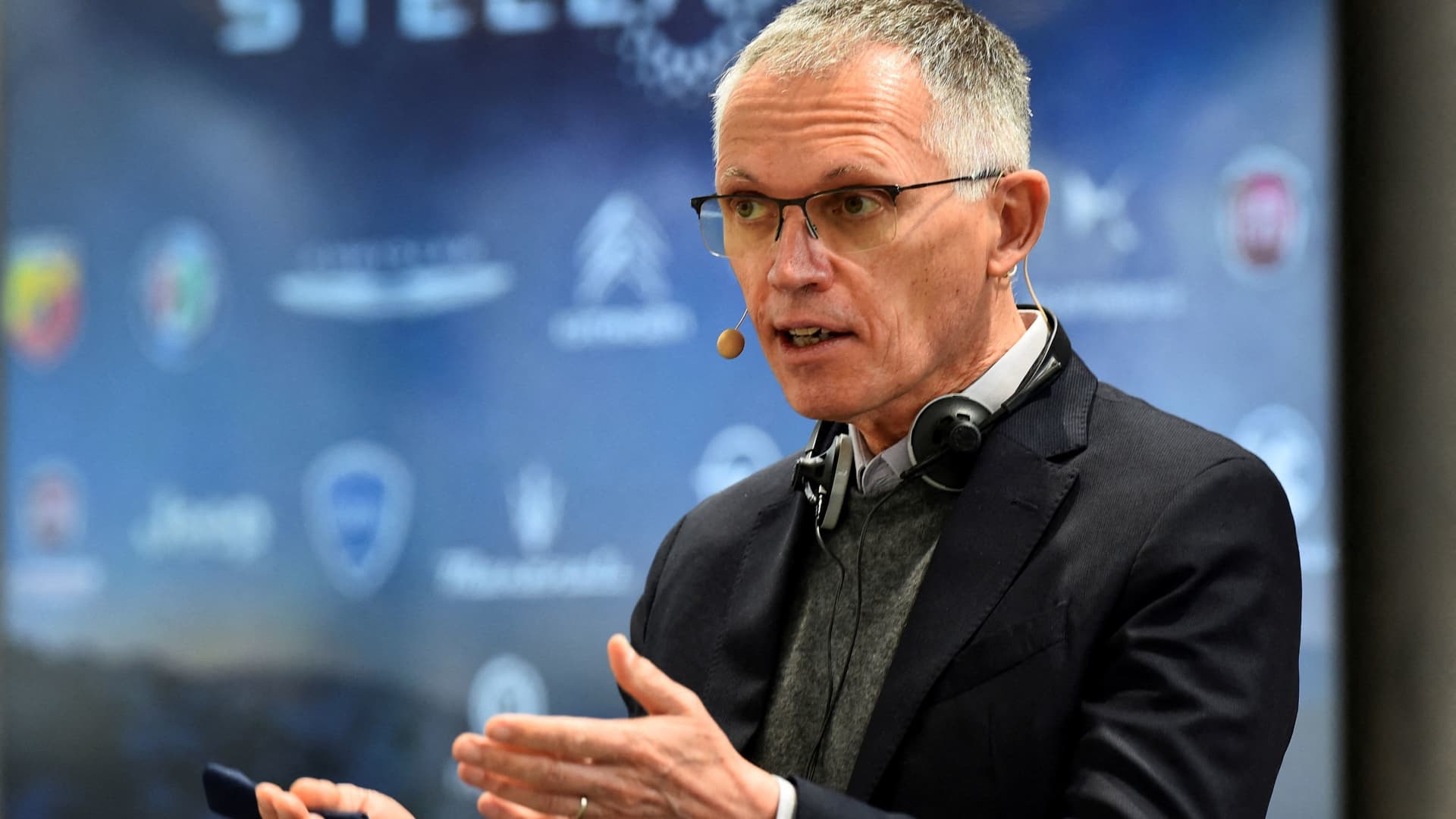I'm saying
exactly is that every approach has its disadvantages/advantages. Example:
If you're on a larger companies design program, you have to draw from a number of internal parts to hit both budget and design deliverables. So if, say an automotive interior design is more 'tech' focused (i.e. an EV buyer in this particular case) then there is no way your design manager/finance isn't going to suggest a tech laden current part that might cost 10X of what your original part would've have cost. So you could've had a new part designed, molded, and mass produced for $1 instead of $10. NBD except thousands of decisions are made throughout just the interior design alone.
The point exactly is most of todays cars are made from a mash up of existing parts, which can result in some baked in compromises that aren't easily navigated.
I'm not sure of you have an agenda here, but you statements can be applied to any automaker scaling up EV production, large or small. But not my words or opinions:
So legacy OEMs are chomping at the bit to seize market share and profits from Tesla?
Ford Motor Co.’s hot-selling Mustang Mach-E electric SUV and other plug-in models are being rendered unprofitable by rising raw material costs.

www.bloomberg.com
"Ford Motor Co.’s hot-selling Mustang Mach-E electric SUV and other plug-in models are being rendered unprofitable by rising raw material costs.
“We actually had a positive bottom line profit when we launched the Mach-E, commodity costs have wiped that out,” Chief Financial Officer John Lawler said Wednesday at the Deutsche Bank Global Automotive Conference, referring to 2020, when the vehicle went on sale. “You’re going to see pressure on the bottom line when we launch our EVs, they’re not going to be positive.”
So legacy OEMs will sell you a EV with no wait time vs Tesla?
"After closing orders books for the 2022 Ford Mustang Mach-E in April 2022, Ford finally reopened them for the 2023 Mach-E before the end of August. Unfortunately, the 2023 Mach-E arrived with a large price increase of up to $8,300. Now, we have some more bad news for consumers looking to purchase a 2023 Mach-E. Ford’s website for the electric SUV claims that shoppers could be waiting up to 24 weeks for their EVs to arrive.
Ford conveniently lists wait times for the Mach-E lineup on the vehicle’s configurator page. Shoppers looking to put in an order for the Select, California Route 1, and GT trims are looking at waiting between 18 to 22 weeks. The Premium trim has a wait time of 18 to 24 weeks. The wait times listed on Ford’s website are estimated delivery times for new orders."
OK, well....that's just Ford, others will sell you a EV right on the spot while Tesla is sold out!
The chip shortage isn't over, but the worst is behind us. Still, factory ordering a car in 2024 often comes with a long wait.

joinyaa.com
For plug-in hybrid (PHEV) options, the wait will be at least this long. The Hyundai Tucson and Santa Fe PHEVs are few and far between, and could leave you waiting for 8 months to one year for delivery. The situation is similar, if not worse, for the Hyundai IONIQ 5. Hyundai’s semiconductor chip supplier canceled a few month’s worth of chips that were slated for the IONIQ 5. Right now, factory orders may take between eight months and one year for delivery.
So beyond feelings and speculation, I'm saying there is no absolute path here-nothing is set in stone.





